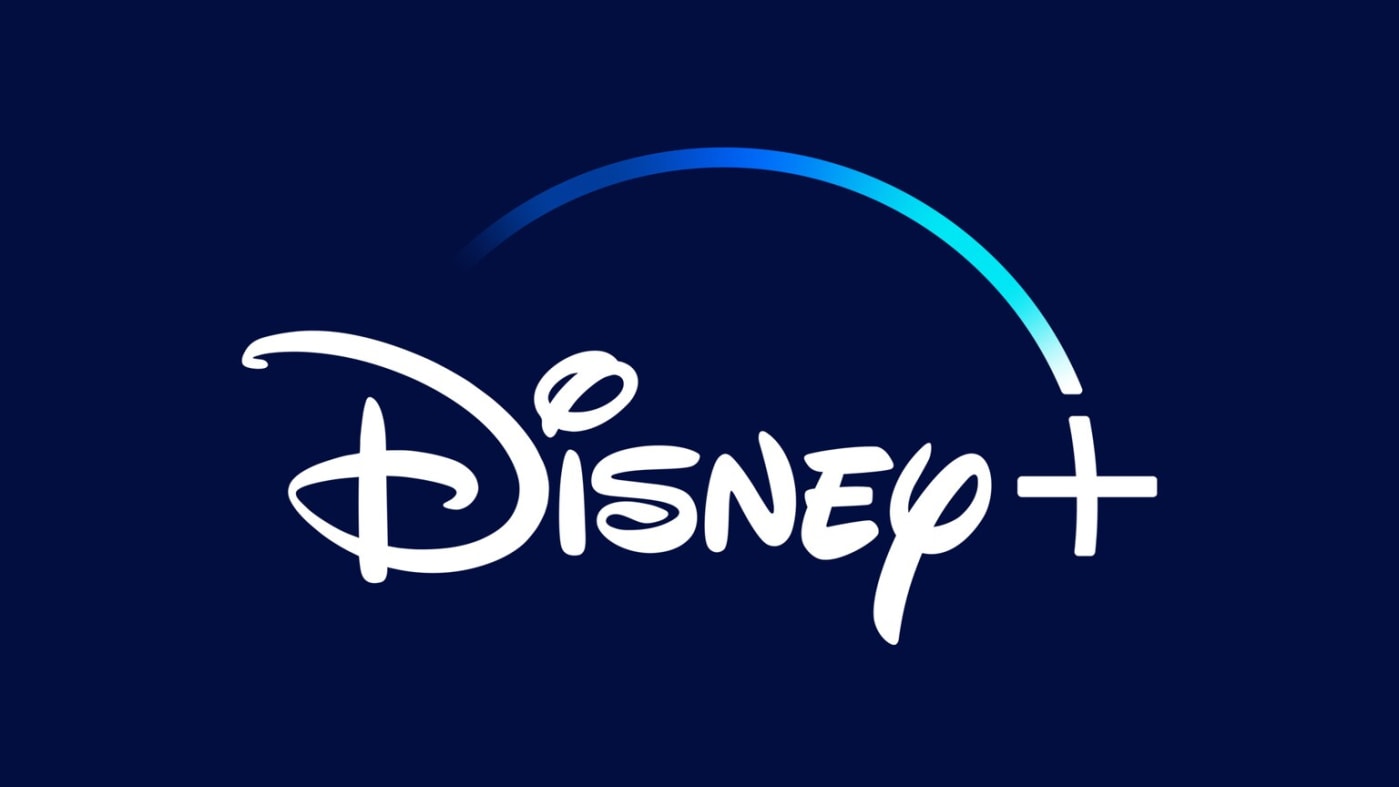NVIDIA's ACE virtual human tech is making its way into an actual game
A game developer called Amazing Seasun Games is demonstrating NVIDIA's Avatar Cloud Engine (ACE) technology through its upcoming multiplayer mecha game Mecha BREAK at Gamescom this year. NVIDIA unveiled ACE at Computer 2023, presenting it as a "custom AI model foundry service" that developers can use to make their games more interactive. Specifically, it will allow players to interact with NPCs without the constraints of pre-programmed conversations and will be able to give them appropriate responses.
When NVIDIA launched the technology, it showed a player talking to an NPC called Jin at a ramen shop. The player asked how the character was, and Jin was able to respond naturally to tell them about his worries about his city's rising crime rates. NVIDIA said the developer will use its technology to bring Mecha BREAK's "characters to life and provide a more dynamic and immersive gameplay experience on GeForce RTX AI PCs."
The chipmaker also said that more developers are incorporating ACE into their creations. Perfect World Games, a Chinese developer, is using the technology to power its demo for Legends. In that game, or at least the demo of it, a character is able to identify people and objects in the real world through the computer's camera, thanks to ChatGPT-4o.
In addition to the ACE demo in Mecha BREAK, NVIDIA has also announced that PC Game Pass access on GeForce NOW will become seamless starting on August 22. Players will only have to link their Xbox profile once to be able to easily stream Game Pass titles in the future.
This article originally appeared on Engadget at https://www.engadget.com/gaming/nvidias-ace-virtual-human-tech-is-making-its-way-into-an-actual-game-130055827.html?src=rss©
© Amazing Seasun Games






































































